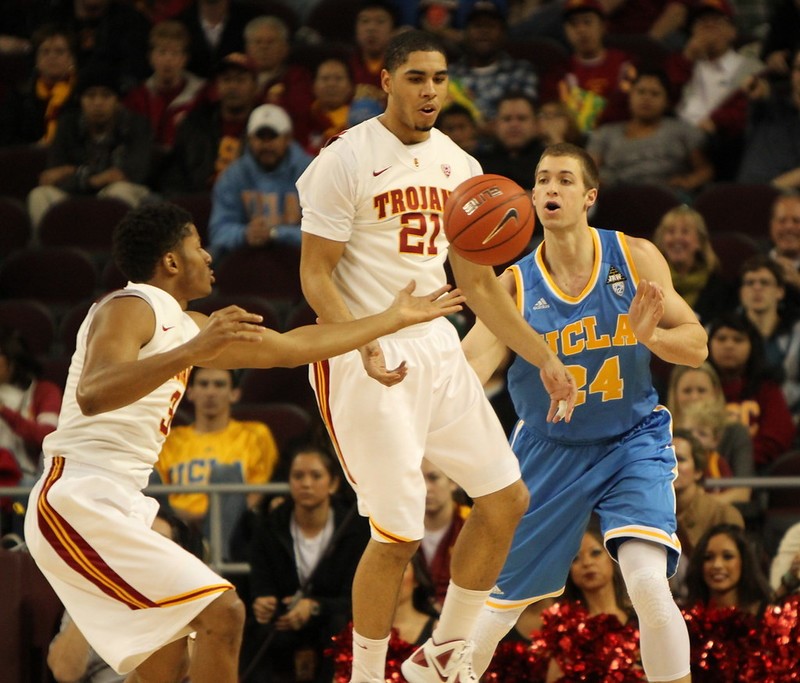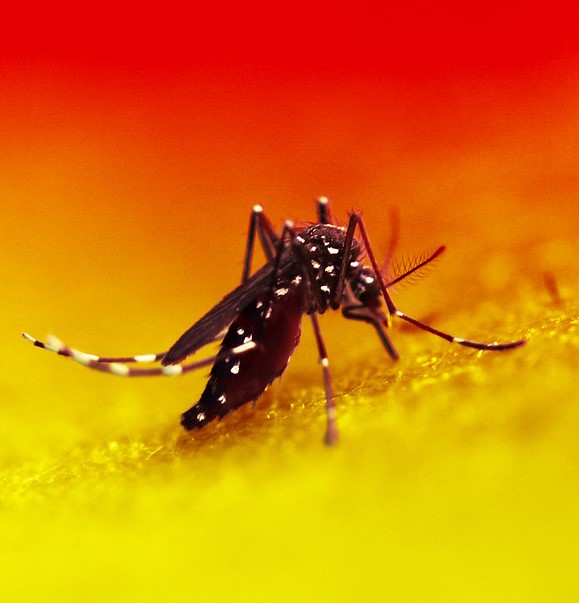
A study yesterday in the British Journal of Sports Medicine from researchers at the Amsterdam University Medical Centers (UMC) reviews all current literature on athletes, sudden cardiac arrest, and myocarditis following COVID-19 vaccines, and finds that athletes engaged in intensive activity are not at increased risk for heart complications following vaccination.
On social media platforms, COVID-19 vaccines have been named the cause of cardiac arrest in young athletes, most recently Bronny James, LeBron James' college basketball-playing son who suffered a sudden heart attack while practicing for the University of Southern California last month.
In the new paper, the authors said there were no confirmed cases of athletes with cardiac complications following mRNA vaccination as of February 15, 2023. Recently, they write, an Australian study of more than 4 million young adults showed no increase in out-of-hospital cardiac arrest for those with recent COVID-19 infections or vaccination.
There are currently no available scientific reports that provide an evidence-based framework to prove causality between the reported events and mRNA COVID-19 vaccination.
"Although the absence of evidence does not necessarily reflect an absence of effect, there are currently no available scientific reports that provide an evidence-based framework to prove causality between the reported events and mRNA COVID-19 vaccination," the authors wrote.
Myocarditis and VO2 max implications
Myocarditis, an inflammation of the heart muscle, can rarely occur following COVID-19 infection, and even more rarely following COVID-19 vaccination.
"Although athletes—due to their relatively young age—are at increased risk of developing myocarditis, we found no evidence in the studies that COVID-19 vaccination combined with intense exercise increased this risk even further," said study author Joelle Daems, a PhD candidate in Sports Cardiology at Amsterdam UMC, in a UMC press release.
The authors note that one Dutch study did demonstrate a small but statistically significant decrease in VO2 max—a measure of aerobic fitness—7 days after vaccination. The effect was short-lived, but the authors said it may be reason to time vaccinations away from major sporting events.











